Here at Prima we try not to judge a book by its cover, but when we heard about a game in development named Bulletstorm, we found it difficult not to prejudge it as a mindless shootathon, and apparently we weren’t the only ones.
Here, Adrian Chmielarz, the founder of People Can Fly, the developers behind the title, tells us about the depth and freedom of the game, the problems faced by advertising story twists, and measuring body parts.
Prima: Where is People Can Fly at in development?
Adrian Chmielarz: We’re wrapping things up. We went a little bit crazy with the amount of weapons and actions you can do, the environmental objects, your body moves and the leash – we no longer have control over this. The amount of permutations is just insane.
That’s great, because it’s really a sandbox. You can come up with your own stuff. But it’s also scary because we cannot try out every single combination. It’s just not possible. So we’re trying to make sure our mechanics are solid.
It’s like the infamous rocket jump from Quake. They never used it for that purpose, to jump, but then people found out and it worked beautifully because their foundation was solid. That’s what we’re working on right now.
Prima: Is Bulletstorm misunderstood?
Adrian Chmielarz: Yeah. It’s a two-step process. People have a certain opinion of the game, that it’s mindless or old school. We have an amazing ratio of people who are converted when they touch Bulletstorm. I’ve seen people playing Bulletstorm at E3 and other shows, and 98 per cent come away being fans.
Maybe not addicts, but they really enjoyed what they experienced because of the tight controls and the refined gameplay. That’s step number one for us.
Step number two is, because of the fun elements we have, the over-the-top gameplay, people start throwing around words like old school or mindless. Old school, maybe that’s fine, maybe that’s not, but mindless is something that bothers me a lot.
If you want to let off some steam after work and just blow s*** up, sure, you can do this in Bulletstorm. We do have explosive weapons and crazy gameplay. But if you really want to play Bulletstorm the Bulletstorm way, which is to execute skill shots and earn points to unlock stuff, it is one of the most engaging and complicated experiences, but complicated in a good way.
Not complicated that you don’t know what the f*** is going on, but in a way you can kill a guy in a hundred different ways. On top of that you can stack skill shots on top of one guy. That’s the gameplay side of things.
There is also the story side of things. We chose these juicy bits for E3 and gamescom. There were a couple of funny one-liners and a lot of swearing. But that’s because it was a very small fragment of the game prepared for the shows.
The story is way more engaging, serious and, basically, good, than what people expect. We’ve already witnessed that in a couple of focus tests. They said they had no idea we have so much dialogue, character interactions, surprises and twists in the plot, unexpected events and big blockbuster moments in the game. This is the message we’re trying to sell to people.
Prima: You say that, but we haven’t seen evidence of what you’re talking about so far.
Adrian Chmielarz: Here’s the problem. Imagine you’re at a promotional event for Sixth Sense. How does this guy sell this to you? ‘There is a great twist in our movie in which the main hero is actually a ghost.’ That’s the problem.
We have a lot of twists in the game. There’s this inner fight going on inside me and a couple of other guys – do we go the easy way and reveal that to get applause for doing this kind of thing, or do we wait and hold on until the reviews come out and people experience it so they share it with their friends?
Prima: Are you talking about story-based twists or gameplay twists?
Adrian Chmielarz: It’s everything. It’s me, right, it’s in my best interest to advertise the game, but we have a moment in the game that people are going to talk about for years to come. I’m absolutely, 100 per cent sure of that. But I don’t want to spoil it for you. I want you to experience it as a gamer who sees that for the first time. That’s the tricky part.
But what I can tell you is, we often talk about the skill shot gameplay and the fact you can do combos on your enemies. It turned out our story is in the way of that kind of gameplay. It turned out from the various tests we had with regular gamers that they get so engaged in the story they sometimes forget the skill shot gameplay.
It’s our job they don’t forget it, so we try to combat that with the design, but they only scratched the surface because so many other interesting things are going on.
This is how Echo Mode was born. We thought, we’ve worked our asses off to have layers and layers of combat and gameplay, but you’re only scratching the surface in single-player because of the engaging story and the visuals.
So let’s save the juicy parts of the single-player, strip them of any dialogue, cinematics or scripted events – just pure combat – and compete for points against your friends. You know, measure your d***. Who’s better?
Prima: That’s what you should have called the mode – Measure Your D***.
Adrian Chmielarz: There’s a lot of d*** going on in Bulletstorm. But, it turned out to be an absolutely bulls eye for us, up to a point where productivity suffered. It’s funny, it’s my job to play Echo Mode and test it, but when I login and I see one of our meshers, who’s supposed to be crunching right now, then something’s wrong.
Kicking, shooting and quipping.
Prima: Or something’s good.
Adrian Chmielarz: And something’s good at the same time. It is a little bit scary, but right now we have to enforce core hours during which you cannot play Echo Mode. It turns out that when you strip off the storyline then the gameplay mechanics are revealed to the player.
I remember the first time I saw that. At E3 we had people come in in groups, and there were five minute breaks between the groups. Just for the fun of it we decided that at the end of the demo it would show your score, the amount of skill shots and the amount of kills. Just for the fun of it.
I noticed people who finished the demo were not leaving the room. They were waiting for everybody else to finish to compare their score. That was encouraging. It’s silly, it was just points and the amount of skill shots, but because it was stripped of the entire story and focused on the gameplay, it worked. That’s how the mode was born.
It’s a win-win situation for everybody, because as a gamer you squeeze out hundreds of hours out of Bulletstorm. While the single-player campaign is eight hours, 10 hours, 12 hours, not many people play it again.
You can have all kinds of fun experiences. We have guys who play the single-player experience, then play fragments of the single-player experience in Echo Mode, then replay the single-player and have a totally different experience the second time around because they know what was coming.
We can expose the gameplay mechanics buried under the story and these crazy events that are happening, and players just have more fun.
Prima: Is there a willingness at the studio to continue with Bulletstorm after it’s released with a sequel, or is this a one-off?
Adrian Chmielarz: I could feed you the usual mantra, which is you never know. The truth is you never know. There is this book on Hollywood called ‘Nobody Knows Anything.’ It’s about the fact there is not a golden recipe for a successful movie. If there were, the box office duds would never happen. So nobody knows anything, really, and the same goes for Bulletstorm.
We are hoping, and we have quite promising data supporting this, that it’s going to be a huge hit. But you never really know until it’s out. So even if I wanted to continue Bulletstorm, if it’s not a hit I don’t think it’s going to be continued.
After we did Painkiller, our first game, we were tired of the first-person genre and shooters. We wanted to do something else. It was fun making that game, and the game came out pretty well, but we were burnt. We worked two years on that game. Bulletstorm will take us four years from start to completion and we just don’t feel it.
We have joy and fun working on that game. It’s something that never happened to me before. So, common sense says that if it’s a hit, then we will be willing to do 10,000 sequels.
We start the game with a flashback moment where you are the leader of Dead Echo, a black ops team. Then there’s this big f*** up and we take you five years later. After this f*** up you’re the most hunted man in the universe.
You find a way to survive and become a space pirate, however silly that sounds. Then we take you five years later. What happens if you meet with the same person who betrayed you in that flashback?
These five years you can have everything – games, movies, comic books, whatever – if you wanted to. We can tell a lot of stories about Grayson Hunt and the team. We just have to wait and see.
Prima: How many sales does Bulletstorm need for it to be considered a hit?
Adrian Chmielarz: I don’t know. We are pretty ballsy. We definitely want a couple of million units sold. But it is very hard right now to ask, is two million a success or is it just very decent? Does it need to be three, four million to consider it a total blockbuster hit? I don’t know at this point.
The first magic number is a million units. Surprisingly, not a lot of games are able to reach that. I’m hoping it’s going to be huge, but I don’t want to jinx it.
Prima: EA Partners boss David DeMartini has high hopes for it, and reckons it could sell as many copies as Gears of War because it’s multiplatform.
Adrian Chmielarz: It’s multiplatform and there are more consoles out there at this point, but look what we’re competing against: Gears 1 is six million units. That is crazy. We will see.
There is one difference between us and Gears. When Gears came out it was a technical extravaganza that was shocking visually. For me that was the first real next generation game, and it was a year after the premier of the 360. Many people bought it for the visuals then discovered the great gameplay.
In our case, there are already a lot of great looking games out there. So even though I consider our visuals among the best in the world, I don’t think that’s going to be number one for people. The strength of our game will be the world of mouth.
I’m not entirely sure about the initial sales. They’re going to be strong because EA is dedicated to the title and they will market the f*** out of this title. They’re going to be strong.
But we’re one of these few games that has a very long shelf life because the reaction we’ve seen, that once someone gets in contact with Bulletstorm comes out converted, that is an equivalent of the world of mouth that will happen. Once people start playing Bulletstorm, they’ll go to their friend, ‘Dude, you won’t believe what happened in Bulletstorm.’
Again, it’s not me being coy. I’m not famous enough to be modest yet.
Prima: You’re getting there.
Adrian Chmielarz: I’m getting there. But the only real truth is that really, it’s that one little Hollywood book – nobody knows anything. Can you name a game that was an amazing, awesome game that never got the sales it deserved?
Prima: Loads. ICO, Shadow of the Colossus, Beyond Good & Evil…
Adrian Chmielarz: There you go. So things like that happen. You’re asking me this question at this very sensitive period when we are losing our mind. We start doubting everything. We’re so close to completion the madness kicks in. Is it balanced properly? Is the pacing right? Maybe that boss should be harder. You go mental at this phase of the project.
When John Carmack was asked, ‘Did you know Doom was going to be a hit?’ he said, ‘Well, yeah, because when we were doing it we knew what we had in our hands and it played great and everybody felt really good about it.’
I’m not that cocky, but at least I can confirm we have the same feeling internally. Everybody loves the game, so I’m hoping for the best.








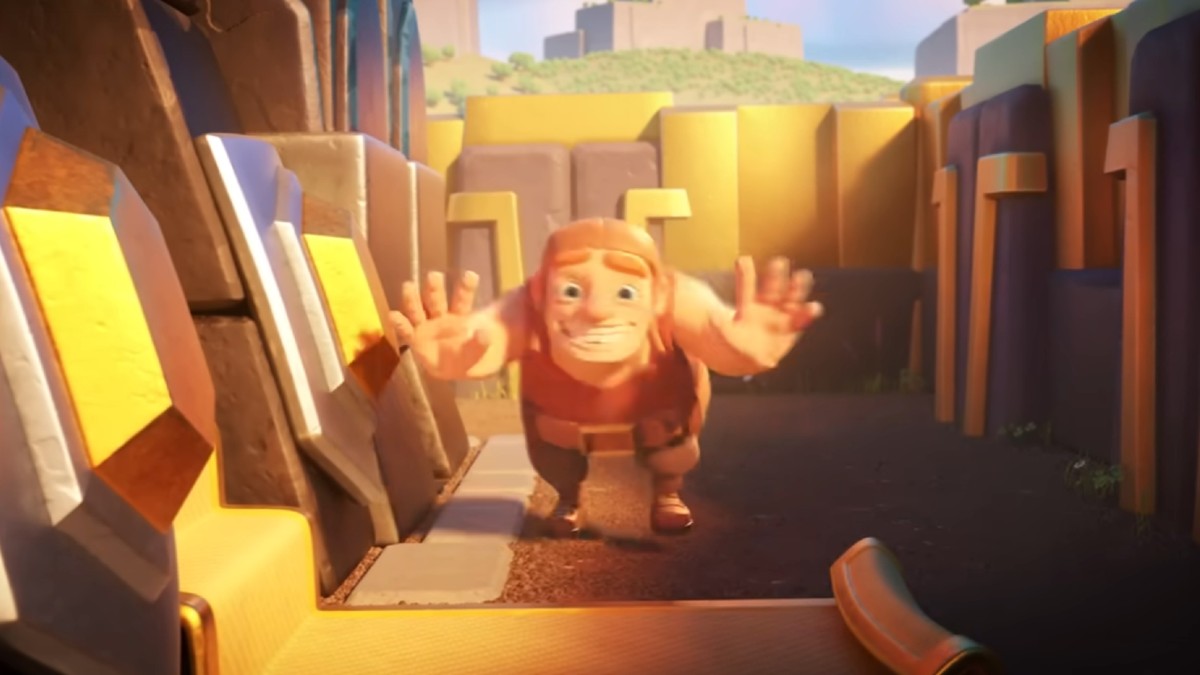
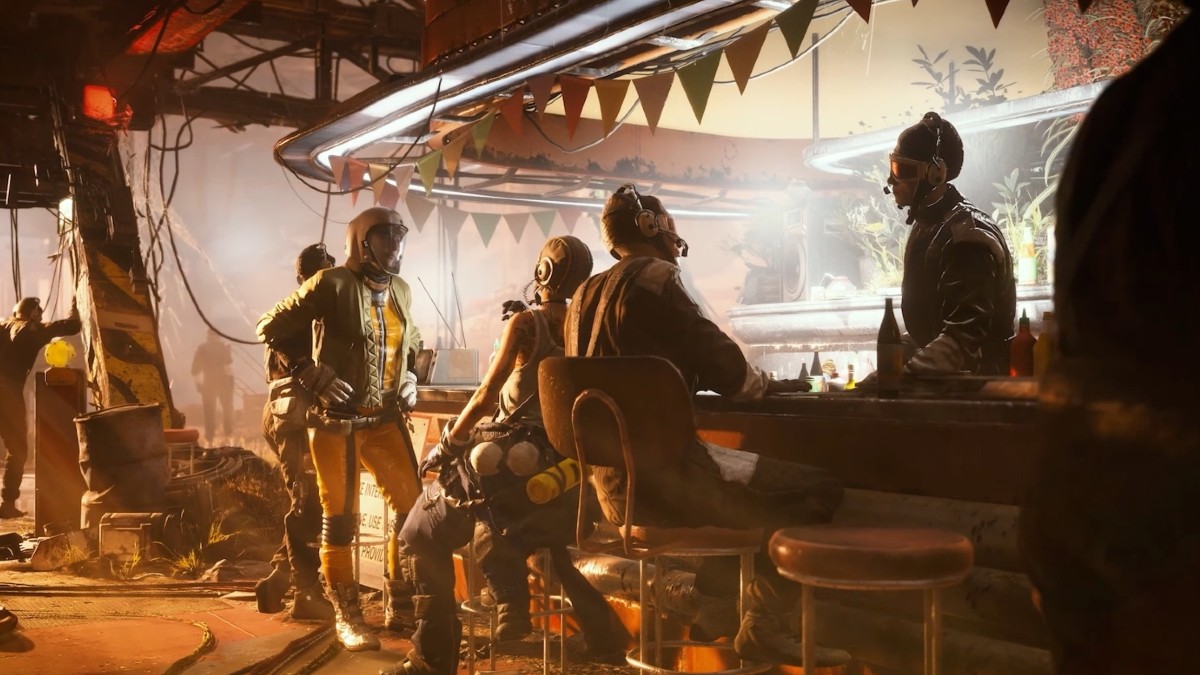
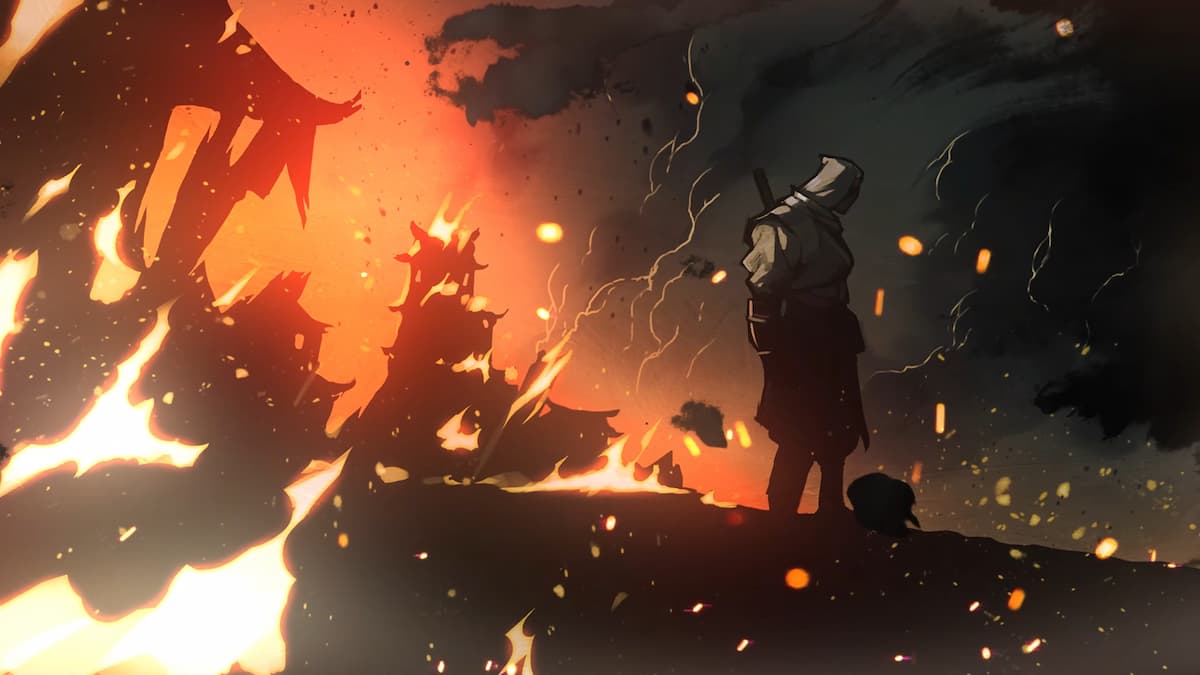


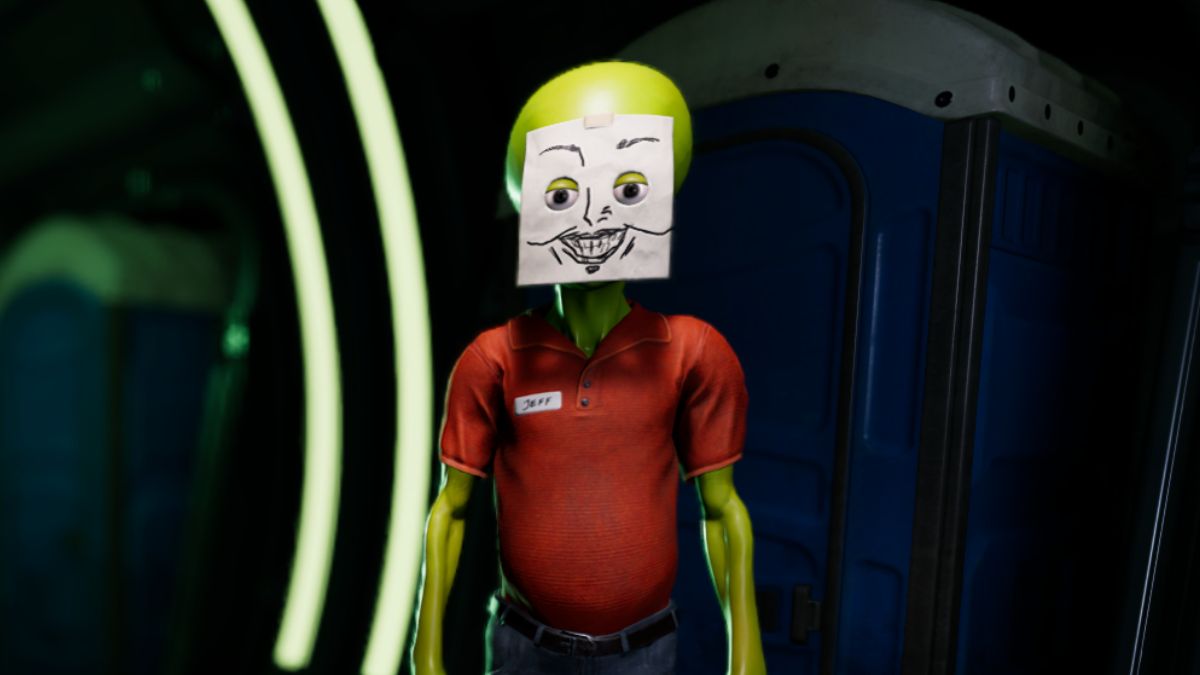

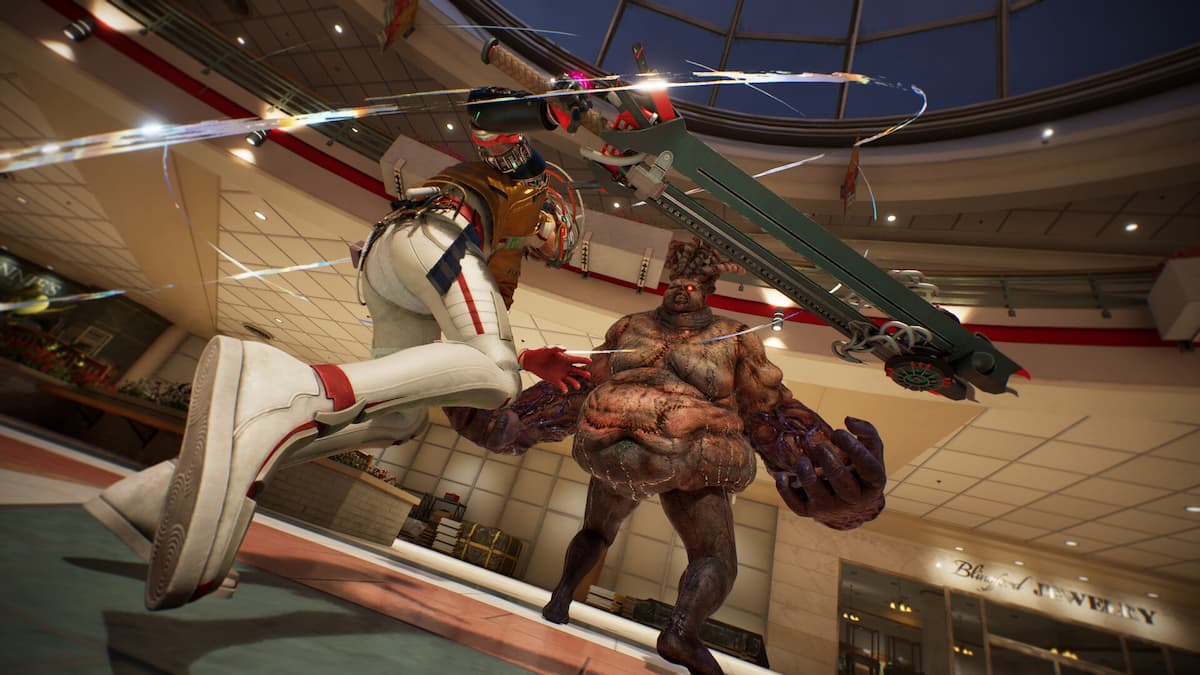


Published: Dec 8, 2010 12:00 am